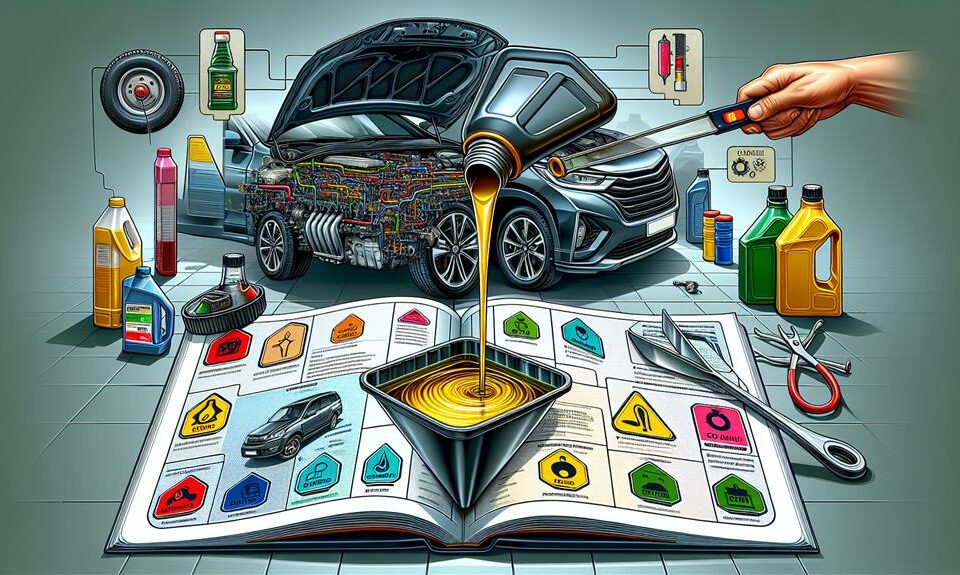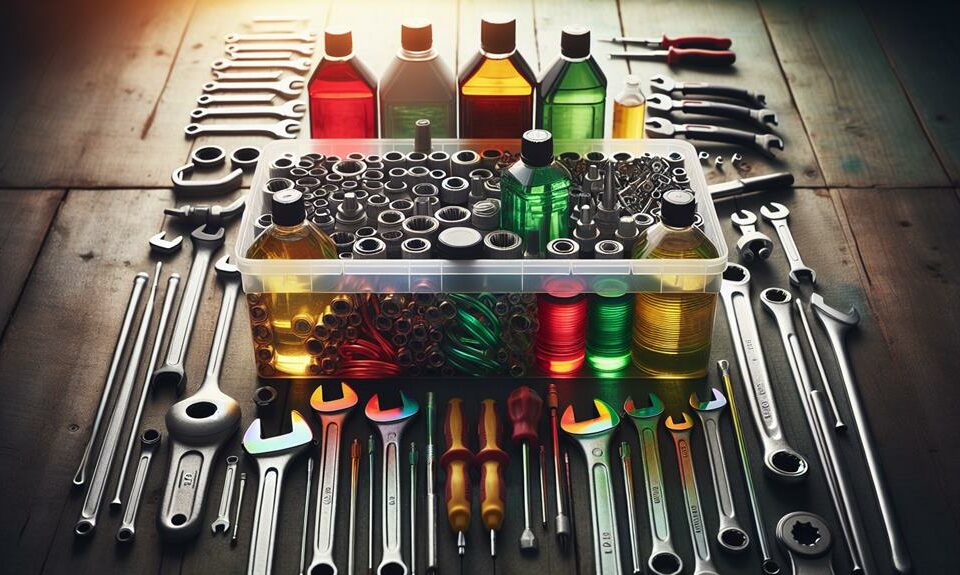Ensuring Longevity The Role of Fluid Management in Car Preventive Maintenance

Fluid Management Fundamentals for Effective Car Preventive Maintenance
March 4, 2024
A Driver’s Guide to Fluid Management: Key to Car Preventive Maintenance
March 4, 2024While you might think your car runs on petrol and good intentions, its longevity lies in the less glamorous, yet equally critical domain of fluid management. It’s not just about the oil, you see, it’s also about the transmission fluid, coolant, power steering fluid, and brake fluid. As the lifeblood of your vehicle, these fluids each serve a unique purpose, from lubricating parts to preventing overheating, and even assisting in the execution of safe turns and stops. Let’s just say if your car could talk, it would probably thank you for taking the time to understand and maintain its fluid health. But here’s the catch: it’s not just about knowing what these fluids do, but also implementing a regular maintenance routine. So, how do you ensure that these fluids are maintained properly for a long, healthy car life? Well, stick around and let’s navigate this intriguing aspect of preventive maintenance together.
Understanding Car Fluids and Their Importance
In the complex world of car maintenance, understanding the critical role of various car fluids can significantly extend the lifespan of your vehicle. You’re likely aware of the importance of changing your engine oil regularly, but there are several other car fluids you shouldn’t neglect.
You’ll also need to pay attention to the brake fluid, which plays a vital role in safety, and transmission fluid, which ensures smooth gear shifts. Power steering fluid makes your vehicle’s steering operation seamless, while coolant prevents your engine from overheating. Don’t forget about the windshield washer fluid, it’s not a life-or-death matter, but it’s essential for maintaining visibility.
Guidelines for Regular Fluid Maintenance
Having grasped the significance of different car fluids, let’s explore some practical guidelines for their regular maintenance to ensure your vehicle runs smoothly and safely.
As a responsible car owner, your role doesn’t end with just knowing about these fluids, you have to actively preventive maintainance them. Here are some pointers to get you started:
– Always refer to your car’s manual for specific recommendations on fluid types and change intervals.
– Regularly check fluid levels, including engine oil, brake fluid, power steering fluid, and coolant.
– Change your car’s oil every 3,000 to 5,000 miles, depending on your car model’s requirements.
– Lastly, ensure to get your fluids professionally checked during routine service appointments.






